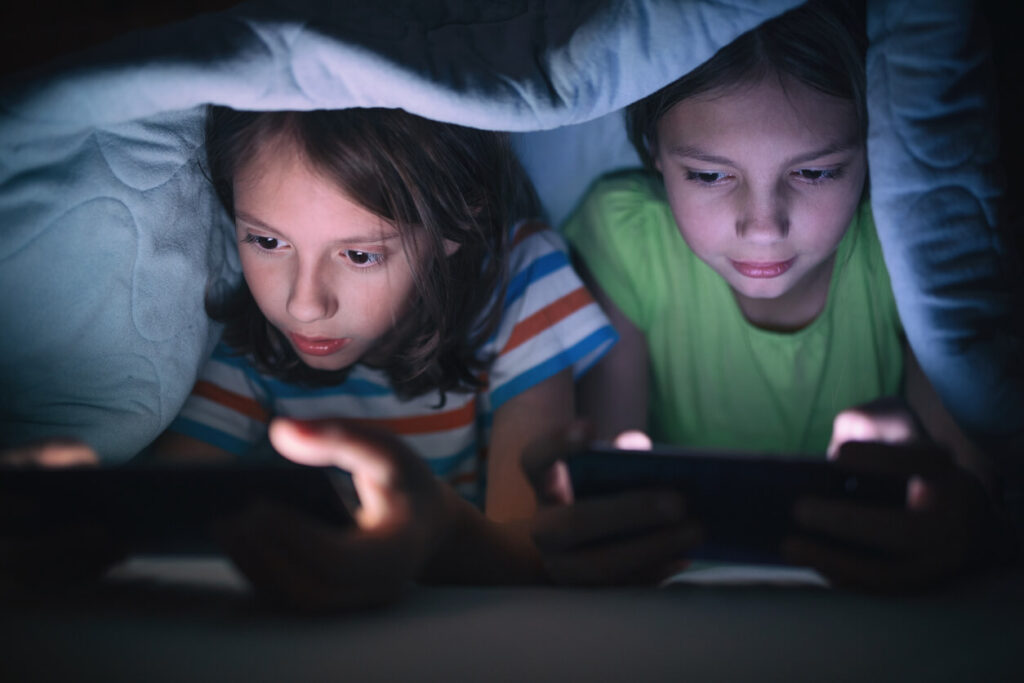Parents have sued major video game companies such as Nintendo and Microsoft, accusing them of designing games that exploit young people and encourage gaming addiction.
The lawsuits allege that the companies use tactics such as loot boxes, which are randomized in-game rewards, and clever reward systems to hook players and get them to spend large amounts of money on in-game purchases.
At least a dozen video game lawsuits have been filed in the past two years against companies including Activision Blizzard, Epic Games, Microsoft, Nintendo, Roblox, Sony Interactive Entertainment and Take-Two Interactive Software.
Among those suing were two Arkansas families who filed a federal lawsuit against Microsoft and others, accusing them of designing the game as an addictive product driven by profits.
Preston Johnson and his mother, Elizabeth Jones, claim Johnson was targeted and “induced” to make microtransactions that cost him thousands of dollars, the Arkansas Democrat-Gazette reported in November.
The Atlanta-based law firm, headed by Brock Ward Mason, is leading the attack against the video game makers.
“These video games are purposefully designed, in collaboration with PhD-ranking behavioral psychologists and neuroscientists, to encourage minors and young adults to play for longer and spend hundreds, or even thousands, of dollars on the games,” Block Legal Group wrote on its website.
“Defendants use gaming tactics, such as reward systems, and patented designs that contain addictive features and technologies to keep users playing for longer and spending more. Most parents have no idea what is going on in their homes while their children are being manipulated and targeted by these multi-billion dollar companies.”
According to the Cleveland Clinic, it's estimated that between 1.7% and 10% of the U.S. population suffers from video game addiction, with the variation coming from different diagnostic criteria.
Symptoms of Video Game Addiction
People with video game addiction (also known as Internet gaming disorder) may suffer from several conditions. According to the Cleveland Clinic, signs and symptoms include:
- Gaming takes priority, so grades, work and household chores suffer.
- Not being able to play can lead to frustration, sadness, annoyance and anxiety.
- You'll need to play for longer to get the same level of enjoyment.
- As gaming becomes mainstream, social life and other hobbies fade away.
- Despite the negative impacts, multiple attempts at reduction have failed.
- Lie to friends and family about your gaming time.
- Excessive gaming leads to poor personal hygiene.
- Gaming can be an escape from stress and negative emotions.
The causes of video game addiction are unclear, but researchers believe that playing and winning at video games may trigger the release of dopamine, the same neurotransmitter involved in other disorders such as gambling and substance abuse.
Video game addiction can result in mental and physical changes, including cognitive changes, lack of impulse control, poor sleep, impaired communication and social skills, back strain, eye strain, carpal tunnel syndrome, and extreme weight loss or gain.
Video Game Lawsuits
A recent survey by the Pew Research Center offers some insight into the gaming habits of American teens.
The survey of 1,423 young people aged 13 to 17 found that 85% of respondents said they play video games, with four in 10 playing every day.
Nearly two-thirds of teens cite social interaction as their primary reason for gaming. But the survey also uncovered some worrying trends: 80% of teen gamers reported being bullied while gaming. Many also said that video games are negatively impacting their sleep patterns.
If you file a video game lawsuit, you may be able to receive compensation for medical expenses, mental health treatment, and other costs.


